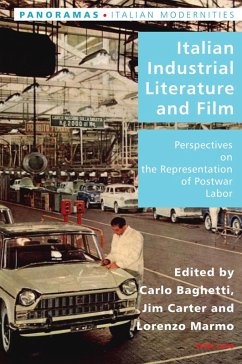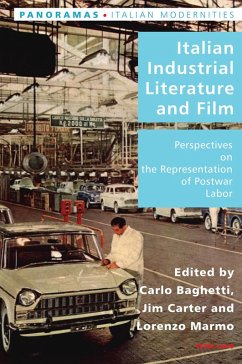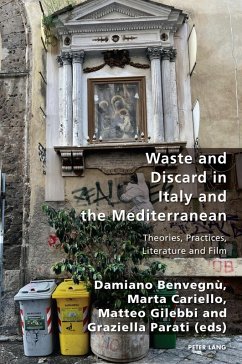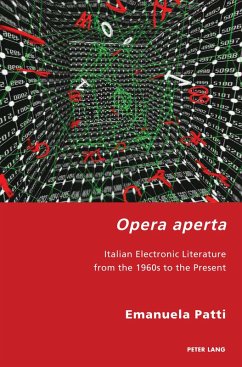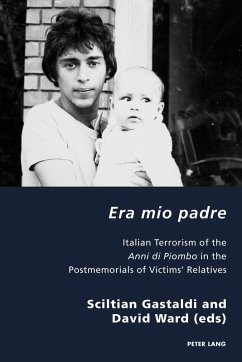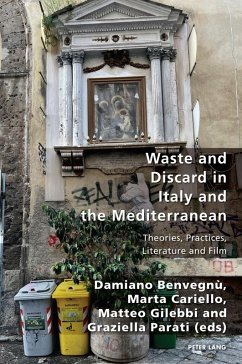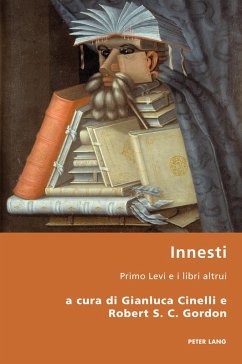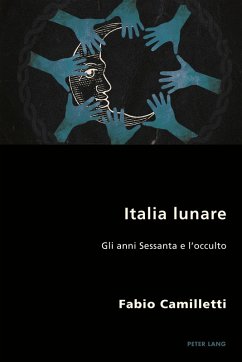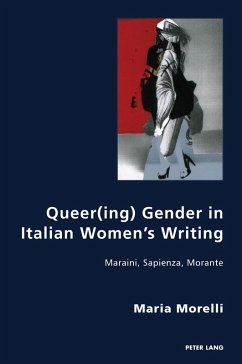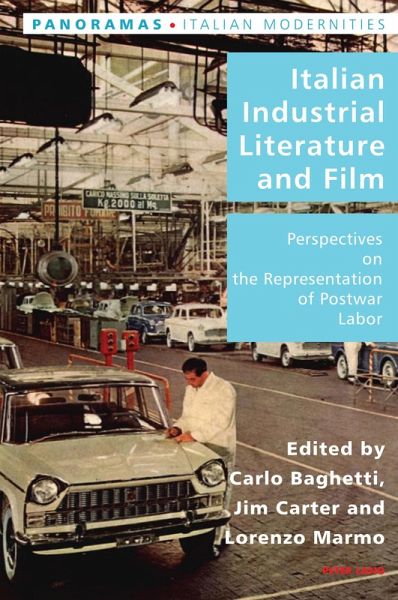
Italian Industrial Literature and Film (eBook, ePUB)
Perspectives on the Representation of Postwar Labor
Redaktion: Baghetti, Carlo; Marmo, Lorenzo; Carter, Jim
Versandkostenfrei!
Sofort per Download lieferbar
Statt: 36,80 €**
28,95 €
inkl. MwSt.
**Preis der gedruckten Ausgabe (Broschiertes Buch)
Alle Infos zum eBook verschenkenWeitere Ausgaben:

PAYBACK Punkte
14 °P sammeln!
This book explores the representation of industrial labor in Italian literature and film from the 1950s through the 1970s. The first article of the postwar Italian Constitution states that the Republic is founded on labor. Forces across the political spectrum, from Catholic to communist, invested labor with the power to build a new national community after Fascism and war. The 1950s-1970s saw dramatic transformations, in economic, social and cultural terms, as labor moved from agriculture to industry and a whole generation of Italian writers and filmmakers used literature and cinema to interpr...
This book explores the representation of industrial labor in Italian literature and film from the 1950s through the 1970s. The first article of the postwar Italian Constitution states that the Republic is founded on labor. Forces across the political spectrum, from Catholic to communist, invested labor with the power to build a new national community after Fascism and war. The 1950s-1970s saw dramatic transformations, in economic, social and cultural terms, as labor moved from agriculture to industry and a whole generation of Italian writers and filmmakers used literature and cinema to interpret - and influence - these changes and to capture the new experiences of industrial labor. The essays in this book offer a comprehensive panorama of this generation's work, examining key questions and texts, set against the context of history and theory, gender and class, geography and the environment, as well as their precursors and present-day successors.
Dieser Download kann aus rechtlichen Gründen nur mit Rechnungsadresse in A, D ausgeliefert werden.




